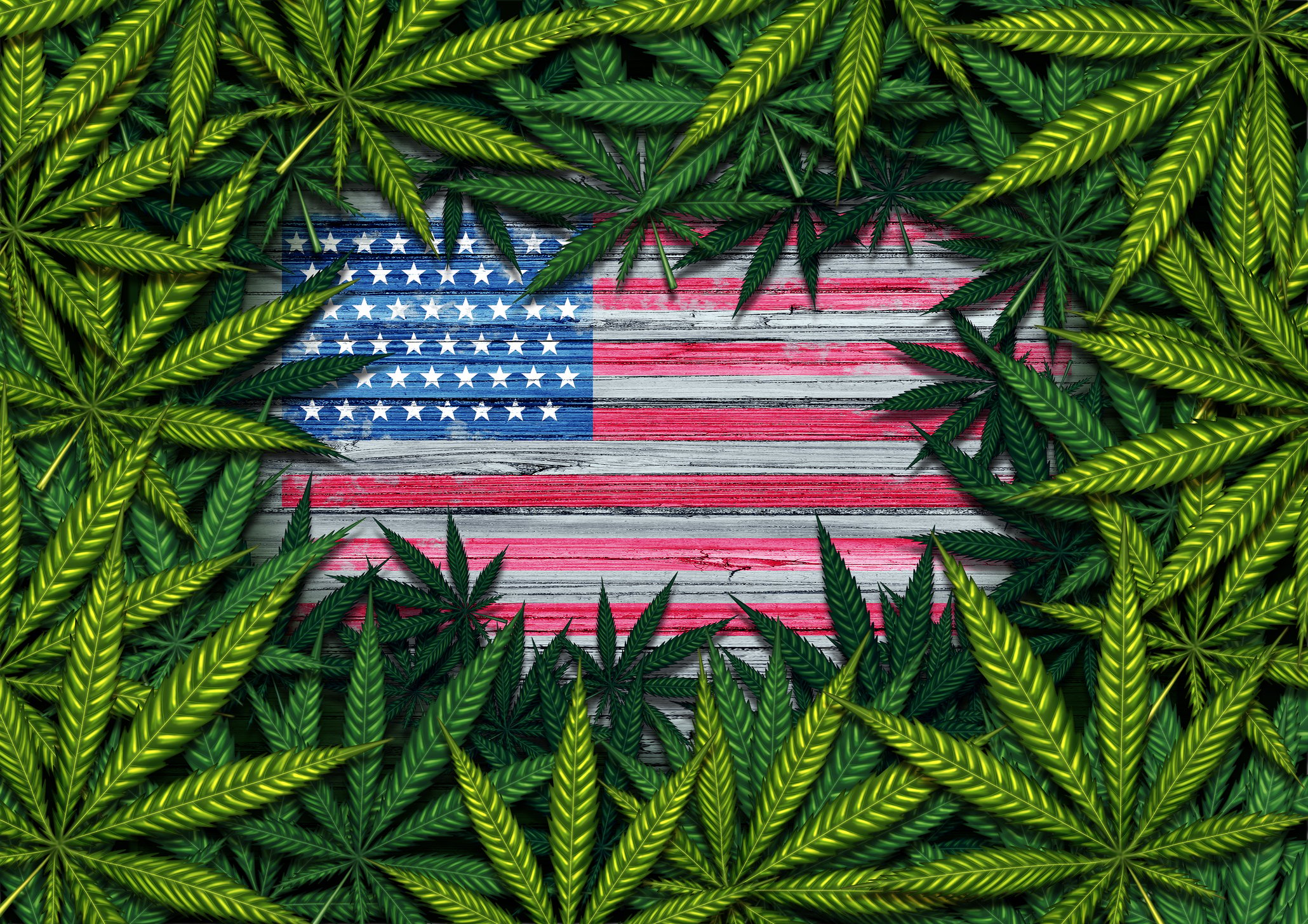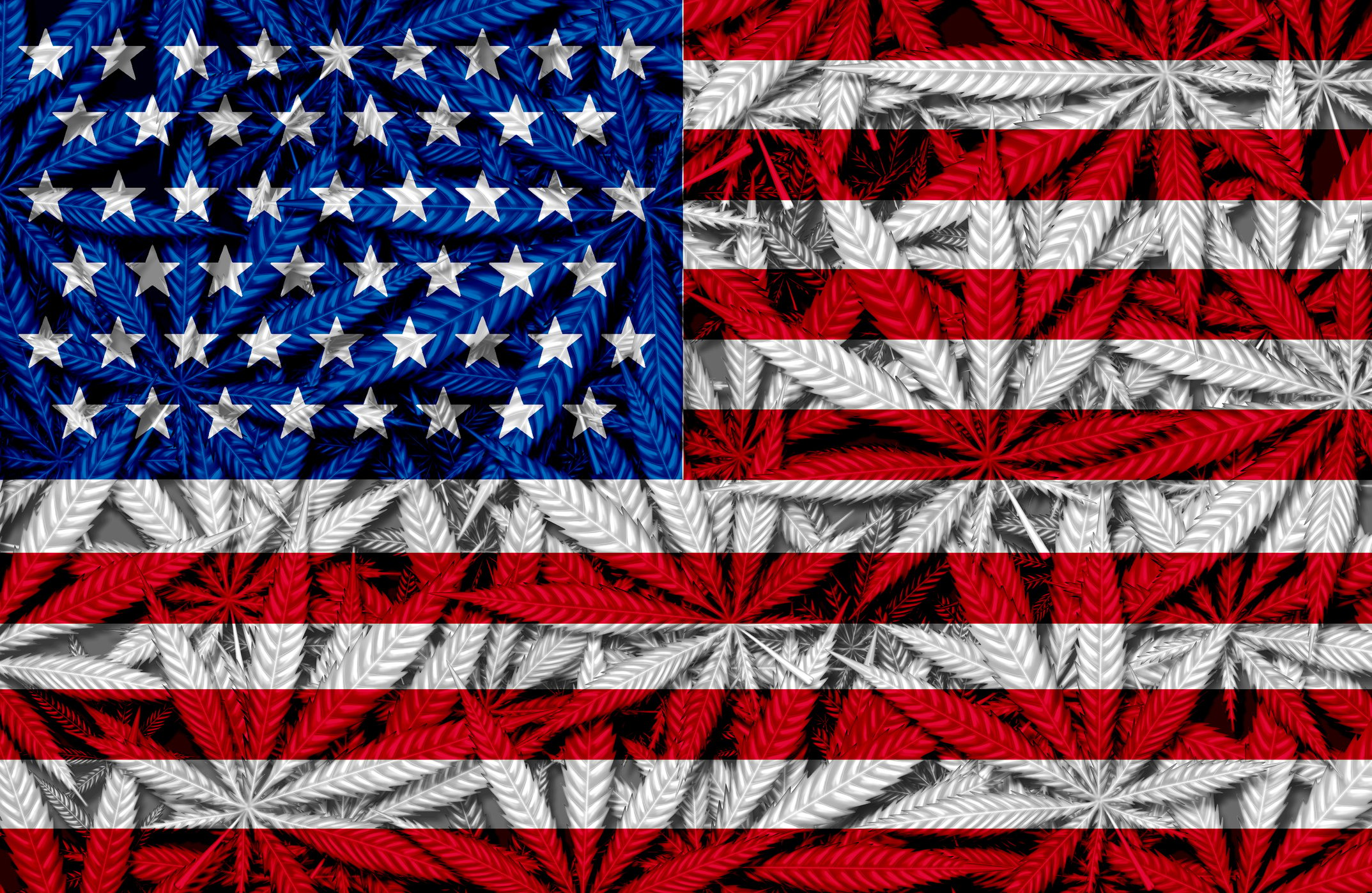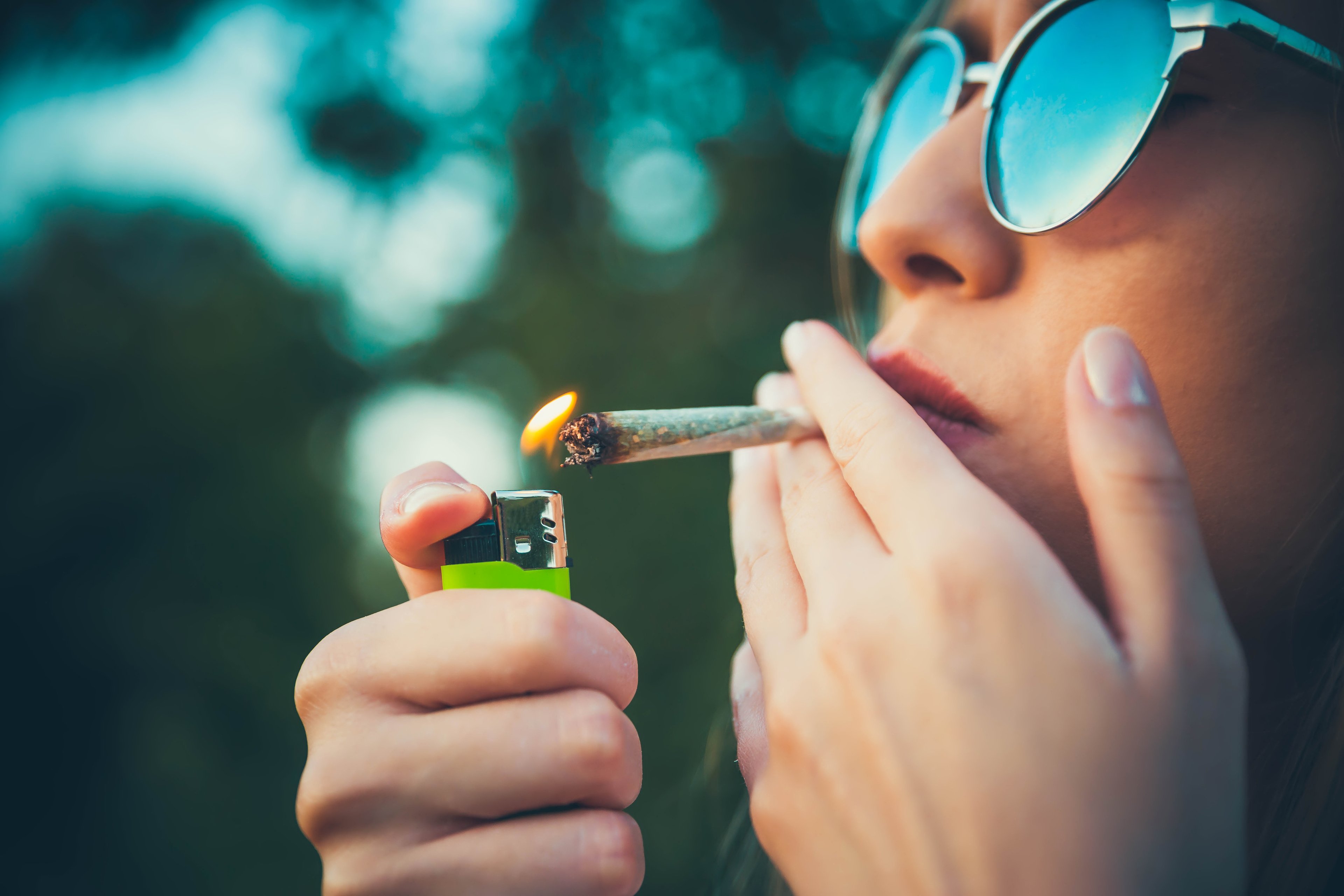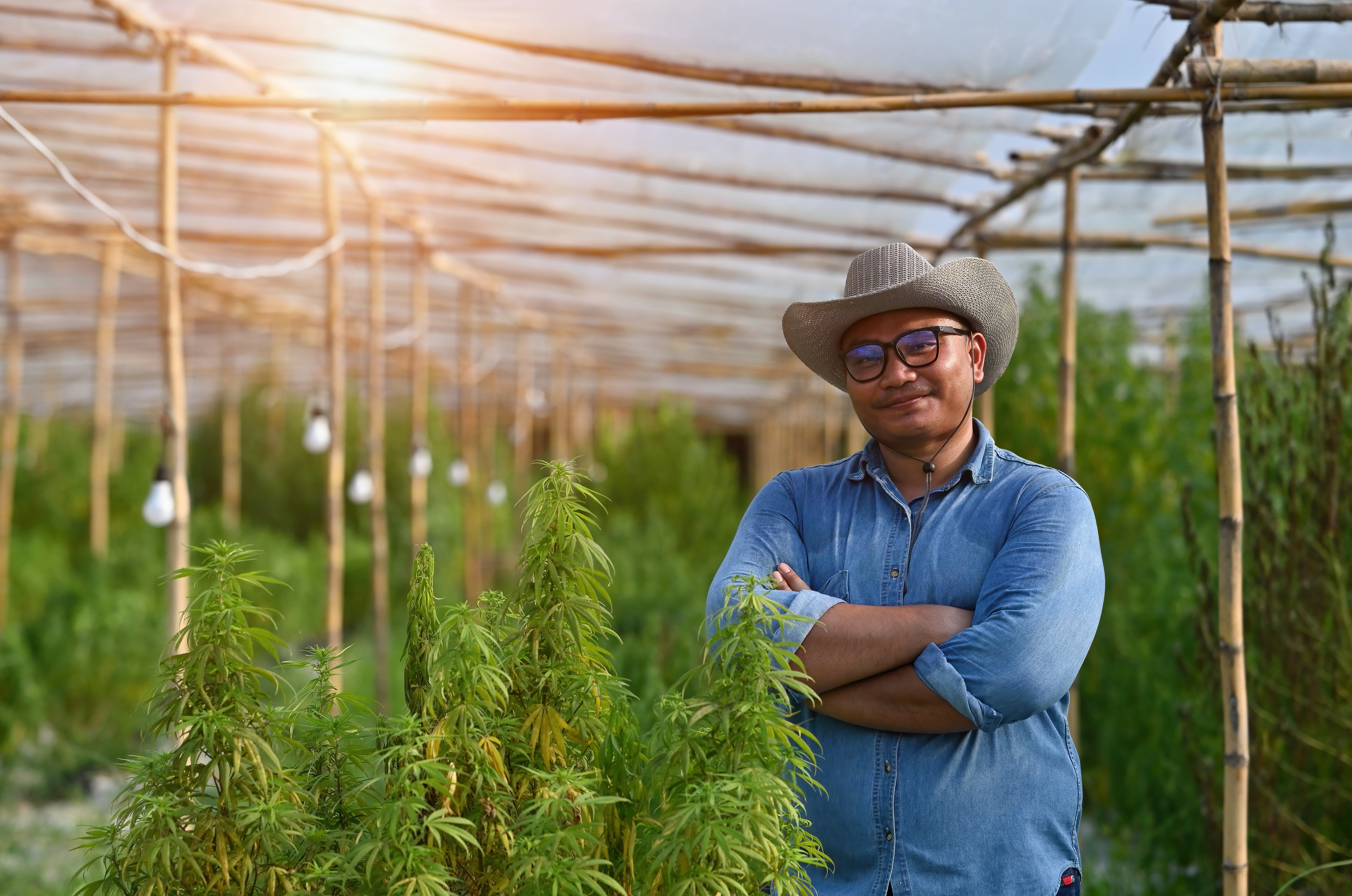Pardon the use of the adjective, but it was obvious on Monday that the market has high hopes for cannabis company Curaleaf (CURLF 0.90%). Investors piled into the stock after some positive news developments affecting its industry hit the headlines.
By the time the smoke had cleared, Curaleaf was left standing with a more than 15% gain in its stock price that day. This obliterated the 1.4% advance of the S&P 500 index.
Drug of choice
The first news item producing that buzz was research published by the influential American Medical Association (AMA). In its Journal of the American Medical Association, the AMA detailed research from a survey that evaluated a clutch of drugs for how they affected eating disorders.

Image source: Getty Images.
Of the numerous drugs tested, the Journal noted, cannabis and psychedelic compounds were the highest-rated for alleviating symptoms of eating disorders. On top of that, marijuana and the psychedelics LSD and psilocybin also performed well in terms of overall mental health.
These contrasted with the generally weak showing of nicotine and alcohol, which the Journal said were frequently ranked by the respondents as being the most harmful substances.
Marijuana is legally sold as a medicine to qualifying patients in most U.S. states. If the drug can indeed treat eating disorders, this could dramatically enhance its appeal as a medical drug.

OTC: CURLF
Key Data Points
Pot lobbying
Another item of interest was Federal Election Commission (FEC) filings cited by several media outlets revealing that a pot industry-supported political action committee (PAC) made a meaty donation to President Trump's MAGA Inc. This is a so-called "super PAC" entitled to raise unlimited amounts of money to support political figures.
The American Rights and Reform PAC, fueled by donations from marijuana companies, has donated $1 million to MAGA Inc. Although that's relatively small given the over $177 million the latter absorbed in the first six months of the year, this does indicate that the weed industry is actively lobbying influential people in U.S. politics.





